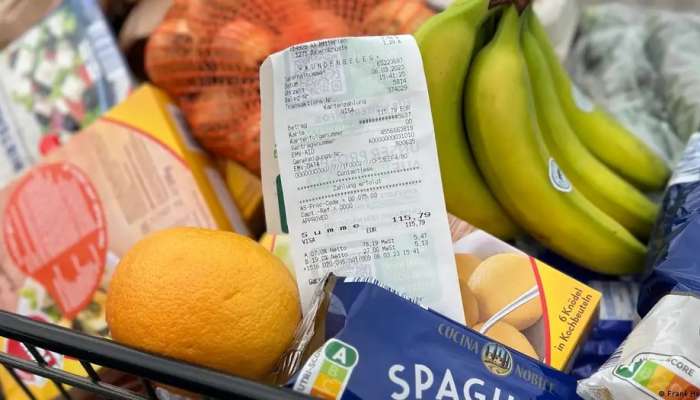
Berlin: In positive news for businesses and households, inflation for 2023 as a whole fell in comparison with 2022, figures published by German statistics agency Destatis showed on Thursday.
However, after months of steady decline, price rises started to pick up again in December.
Destatis said inflation stood at 5.9% for the whole of 2023, down from 6.9% in 2022 — a figure that had not been seen for decades.
Inflation has been falling month by month since June when the last increase was recorded,. Inflation did, however, climb again in December.
Consumer prices rose 3.7% year-on-year for December, up from 3.2% in November, the agency said.
The monthly figure was elevated in part by stubbornly high inflation in the food and energy sectors, at 4.5% and 4.1%, respectively.
It was also partially skewed by the German government's emergency aid package for private households at the end of 2022.
"This federal government measure had a dampening effect on the overall index in December 2022, and consequently had an increasing effect in December 2023," Destatis said.
Energy costs soared after Russia launched its full-scale invasion of Ukraine in February 2022 and Russia throttled its crucial gas exports to Europe.
That was a blow for German industry, which has long relied on cheap Russian fossil fuels.
Price rises peaked towards the end of 2022 and started to decline in recent months after a series of European Central Bank (ECB) interest rate rises and as economic activity slows.
The more moderate rate of inflation provides some relief for consumers and businesses, after a difficult period for both.
The Cologne Institute for the German Economy (IW) has found that, in comparison with 2020, consumers paid an average of 30% more for food over the recent festive period.
A potato salad, a classic feature of the German Christmas menu, cost 4.7% more in 2023 than 2022, the IW estimated.
Inflation remains well above the ECB's 2% target and monetary chiefs have recently warned that the fight against inflation is not over.
The fact that prices are again showing an upward trajectory could influence their thinking.
"For the ECB, this reacceleration of inflation strengthens the stance of keeping a very steady hand and not rushing into any rate cut decisions," said Carsten Brzeski, head of macro-economic research at ING bank.